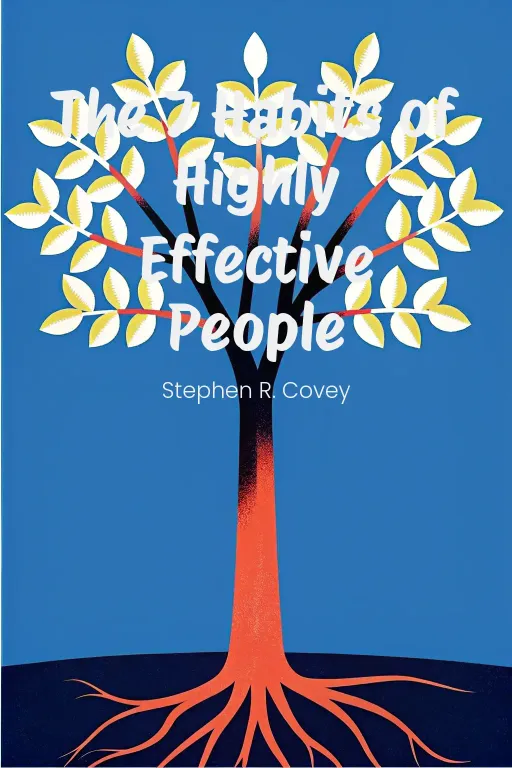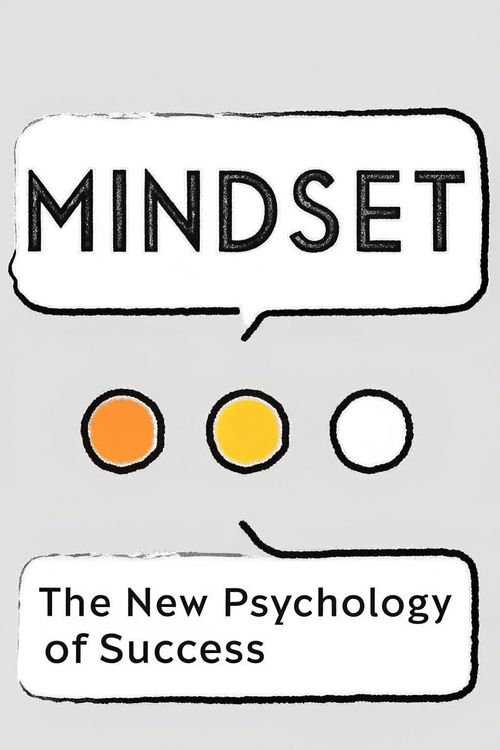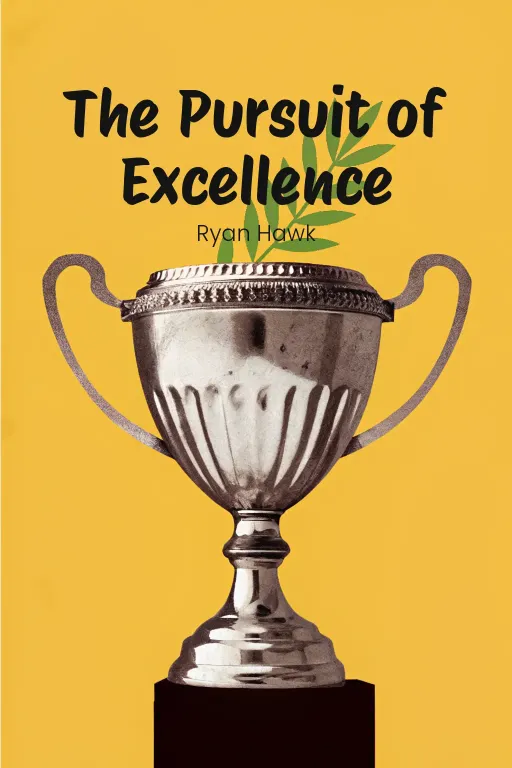
The 7 Habits of Highly Effective People
Productivity
Stephen R. Covey
The Seven Habits of Highly Effective People: A Comprehensive Overview of Covey’s Transformational Framework
Stephen R. Covey's seminal work, "The Seven Habits of Highly Effective People," articulates a transformative paradigm of personal and interpersonal effectiveness, rooted in principles that transcend the ephemeral nature of societal norms. Covey’s thesis posits that genuine effectiveness is achieved not through superficial techniques or transient personality traits but via an intimate alignment with immutable principles that govern human behavior. This profound exploration invites readers to embark upon a journey of introspection and self-improvement, fostering a more authentic, meaningful existence.
I. The Essence of Paradigms and Principles
At the heart of Covey's philosophy lies the concept of paradigms—internal frameworks that shape our perceptions and responses to the world. He posits that true change begins with a fundamental shift in one’s paradigms, enabling a realignment with universal principles that inspire genuine effectiveness. These principles operate like the laws of nature; they hold true regardless of individual circumstances and possess transformative power when internalized.
For Covey, the juxtaposition of character ethics against personality ethics epitomizes this idea. Character ethics, rooted in virtues such as integrity, humility, and justice, yield lasting success and fulfillment. Conversely, personality ethics—often characterized by charm and superficial techniques—while sometimes effective in the short term, lack the depth required for enduring relationships. Covey reminds readers that while specific personality traits may yield immediate results, they cannot substitute for the strength that emanates from a principled character.
Additionally, Covey draws upon historical evolutions in societal values, tracing a trajectory from character-focused ideals towards personality-driven narratives, wherein success became redefined by external accolades rather than intrinsic virtue. This rich historical context serves to underscore the critical necessity of a deliberate return to character and the deeper values that sustain long-term personal and professional relationships.
II. The Inside-Out Philosophy
Integral to Covey’s framework is the "Inside-Out" philosophy, which advocates for a focus on inner character as the foundation for outward success. Transformative personal growth emanates from this internal shift in perspective, emphasizing that true effectiveness arises not from external accolades but from the alignment of actions with core belief systems. This inward focus necessitates an understanding of oneself, one’s motivations, and the principles that guide personal and professional behavior.
In his delineation of this concept, Covey insists that habits formed through introspection and self-awareness precede effective relationships and collaborative endeavors. The journey toward cultivating effective habits, therefore, is a deeply personal endeavor that requires ongoing reflection and a commitment to internal growth. Covey articulates that, "To change ourselves effectively, we first had to change our perceptions," illuminating the profundity of his insight into human behavior.
III. Introducing the Seven Habits
Covey divides the habits into three progressive categories: independence, interdependence, and continuous renewal. The first three habits focus on achieving personal victory, the second set cultivates public victory through collaborative relationships, and the final habit centers on self-renewal.
-
Be Proactive: This first habit embodies the essence of responsibility—the ability to respond rather than react to circumstances. Proactive individuals exercise agency over their reactions, recognizing their capacity to influence outcomes through their choices. Covey distinguishes between a "Circle of Influence"—aspects over which individuals have control—and a "Circle of Concern," which includes factors beyond their influence. Effective individuals prioritize energy investment in their Circle of Influence, thereby fostering a proactive, empowered lifestyle.
-
Begin with the End in Mind: Habit two encourages the articulation of a personal mission statement, serving as a guiding compass that highlights ultimate life goals. This visual foresight compels individuals to evaluate decisions and prioritize actions consistently aligned with their core values. Covey advocates that envisioning one’s desired legacy fosters intentional living, transforming aspirations into actionable outcomes.
-
Put First Things First: This habit focuses on time management and prioritization, urging individuals to concentrate on important but non-urgent tasks. Covey introduces a Time Management Matrix that categorizes activities into four quadrants based on urgency and importance. He emphasizes the criticality of investing in tasks that contribute to long-term goals and personal development, propelling individuals toward holistic effectiveness.
-
Think Win-Win: Transitioning into public victory, Covey’s fourth habit emphasizes a mindset of mutual benefit in relationships. This abundance mentality recognizes that collaboration can yield synergistic results, ensuring that all parties feel respected and valued. The Win-Win or No Deal philosophy asserts that authentic agreements should only emerge when both sides benefit, fostering a culture of collaboration over competition.
-
Seek First to Understand, Then to Be Understood: This habit centers on the importance of empathic listening as a cornerstone of effective communication. Covey argues that understanding others' perspectives before advocating one’s own allows for deeper connections and fosters trust. This paradigm shift from unilateral communication to profound empathic interaction cultivates stronger relationships, both personally and professionally.
-
Synergize: The essence of synergy, which lies at the heart of effective interdependence, highlights the power of collaboration. Covey illustrates how diversity in thought and perspective can yield innovative solutions that surpass the sum of individual contributions. By valuing differences and harnessing collective strengths, individuals can achieve extraordinary results in their collaborative efforts.
-
Sharpen the Saw: The final habit emphasizes the necessity of self-renewal across four dimensions—physical, spiritual, mental, and social/emotional. Covey advocates for a balanced approach to self-care, positing that continuous renewal enhances personal effectiveness and fosters resilience against life’s inevitable challenges.
IV. Conclusion: The Path to Lasting Effectiveness
Covey’s "The Seven Habits of Highly Effective People" encapsulates a profound journey of personal and relational metamorphosis. By embracing an inside-out approach to growth, aligning actions with principles, and fostering authentic relationships, individuals can transcend the transient nature of contemporary society and attain a life characterized by deeper meaning and connection.
The book's enduring relevance speaks to its foundational tenet: that true effectiveness emanates from an alignment with timeless principles. As readers engage with Covey’s habits, they are invited not merely to undertake a superficial evaluation of self but to embark upon a transformative journey characterized by authenticity, purpose, and enduring fulfillment. In a world captivated by immediate results and external validation, Covey’s insights encourage a return to the essence of character—an essential guide toward achieving not only personal success but also fostering meaningful contributions to the broader tapestry of human connection.










